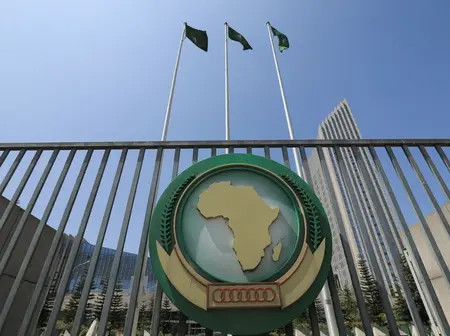The African Union (AU) has endorsed a global campaign urging governments and international organisations to abandon the centuries-old Mercator map projection in favour of one that more accurately reflects Africa’s true size.
The Mercator map, created in the 16th century by cartographer Gerardus Mercator for navigation, has long been criticised for distorting land masses, enlarging regions near the poles such as Europe, North America, and Greenland, while shrinking Africa and South America.
“It might seem to be just a map, but in reality, it is not,” AU Commission deputy chairperson Selma Malika Haddadi told Reuters, noting that the projection fostered the false impression that Africa was “marginal,” despite being the world’s second-largest continent with over a billion people. She said the stereotypes reinforced through maps influence education, media, and policy.
The renewed debate is being spearheaded by the Correct The Map campaign, led by advocacy groups Africa No Filter and Speak Up Africa, which are calling for adoption of the 2018 Equal Earth projection.
The Equal Earth design seeks to portray countries at their true relative sizes, countering what campaigners describe as “the world’s longest misinformation campaign.”
Moky Makura, executive director of Africa No Filter, said: “The current size of the map of Africa is wrong… it just simply has to stop.” Speak Up Africa co-founder Fara Ndiaye added that the projection affects identity and pride, particularly among children, stressing efforts to make Equal Earth the standard in African classrooms.
The AU’s support comes amid broader calls to “reclaim Africa’s rightful place on the global stage,” Haddadi said, tying the push to wider movements for reparations over colonialism and slavery.
The campaign has already reached global institutions, with the World Bank confirming it has begun phasing out Mercator maps, while the UN’s geospatial body is reviewing a formal request for adoption. The Caribbean Community’s Reparations Commission has also thrown its weight behind Equal Earth, calling Mercator a relic of “power and dominance.”
Despite some progress, Google Maps introduced a 3D globe view in 2018, Mercator remains widely used, especially in schools and mobile applications.
The AU has vowed to work with its 55 member states to accelerate change.

Leave a Reply